What to expect after having surgery

Having a baby is a major milestone in life. While it can be exciting, it can also take a toll on your body. Compared to a vaginal delivery, if you’ve had a cesarean delivery (C-section), you need to take extra precautions and give yourself even more time to recover from childbirth.
Advertisement
Cleveland Clinic is a non-profit academic medical center. Advertising on our site helps support our mission. We do not endorse non-Cleveland Clinic products or services. Policy
C-sections account for 31.7% of all deliveries in the U.S. As with any major surgery, it takes time for your body to heal. So what can you do? And what should you not do?
Ob/Gyn Erin Higgins, MD, explains what your recovery will look like and what to expect.
It takes about six weeks to recover from a C-section, but each woman’s timeline will be different. An incision — typically a horizontal cut made in your lower abdomen — can take weeks to heal.
During that time, it’s recommended that you avoid lifting anything heavier than your baby. Don’t have sex or participate in rigorous exercise either.
Your doctor may recommend a C-section if:
While most women recover in about six weeks, it’s important to remember each journey is different. Here’s what to expect.
Most women will spend two to four days in the hospital after a C-section.
During this time, the hospital staff will help with pain management, ensure you’re eating and drinking enough and help you move around. This is all in addition to bonding with your newborn, which can include attempting to breastfeed.
Advertisement
Once you return home, it’s important to take it easy and avoid lifting, twisting or any movements that can put pressure on the incision. “Those muscles are pretty weak because of the incision,” says Dr. Higgins. “It can be uncomfortable.”
Make sure you keep your incision clean and dry. To manage pain at home, Dr. Higgins recommends taking acetaminophen or ibuprofen on a regular schedule. An abdominal binder, a wide compression belt that goes around your stomach, can also be used to offer additional support and avoid putting stress on sutures.
It is also normal to have vaginal bleeding after a C-section, though it’s typically not as heavy as after a vaginal delivery. “It can last up to four to six weeks postpartum,” says Dr. Higgins. “Generally, the first few days are the heaviest with the passing of blood clots up to the size of a golf ball.” Contact your doctor if you’re soaking one pad per hour or passing large clots.
Having a support system around you is key during your recovery. Dr. Higgins suggests having your partner, family members or friends help with tasks like planning and making meals, doing laundry and even helping to care for your baby.
And do get up and move around, which can help avoid blood clots. “It’s recommended that you get up and walk around,” says Dr. Higgins. “We don’t want someone lying in bed for two weeks.”
Your first postpartum visit should happen during the second week. At that time, your doctor will inspect the incision site and check that your recovery is progressing along.
Dr. Higgins says you should reach out to your physician earlier if you experience the following:
Over the next several weeks, you might also experience “baby blues,” caused by short-term fluctuations in hormones that can affect your mood. This is normal, says Dr. Higgins. But if you experience feelings like being depressed or feeling hopeless, talk to your doctor about postpartum depression and what it means.
“If those feelings start disrupting your life and cause problems bonding with your baby, your doctor can offer some treatment options,” says Dr. Higgins. Options can range from medication, therapy or even support groups for new parents.
At this point, you should have your final postpartum appointment with your doctor. Remember that everybody heals and recovers at different rates so it’s important to talk to your doctor about how you feel — and it’s OK if you need more time.
Advertisement
“Physical recovery from a C-section puts a lot of stress on the body,” says Dr. Higgins. “Resting and allowing your body to heal is very important.”
If your pain has decreased and the incision is properly healing, you may be given the green light to resume normal daily life.
“When you're fully recovered, we view it as your graduation day,” says Dr. Higgins. “Sex, exercise — I recommend that they start those things slowly and gradually increase activity.”
Having a newborn and recovering from surgery doesn’t leave a lot of time for self-care. But it’s crucial you take time to take care of yourself. Here are a few tips on what to do.
Advertisement
Learn more about our editorial process.
Advertisement

Placenta consumption hasn’t been shown to have any health benefits, but it can cause infections

Sitting, squatting and side-lying may provide a more comfortable labor and delivery
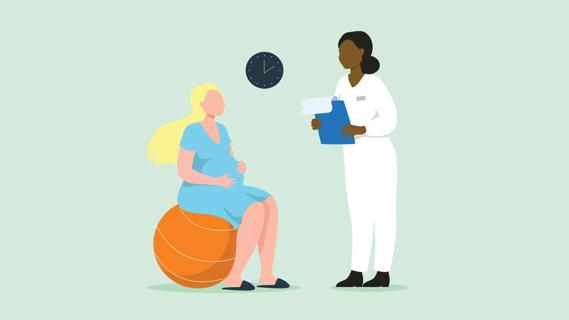
Use relaxation techniques and breathwork to help manage the discomforts of a medication-free birth
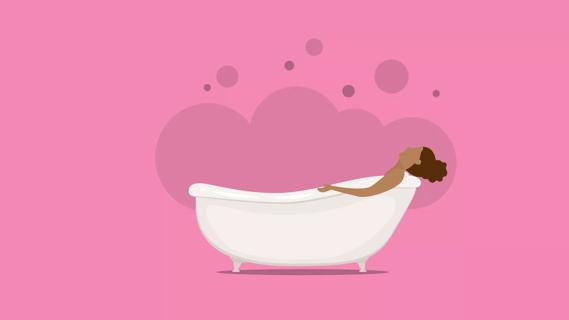
Rinses, sitz baths, ice and medication can help the healing
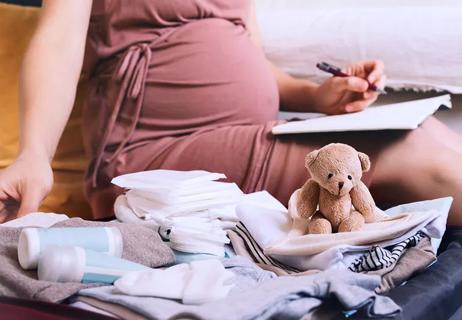
Babies aren’t great about scheduling, so be sure to pack a month or two before your due date
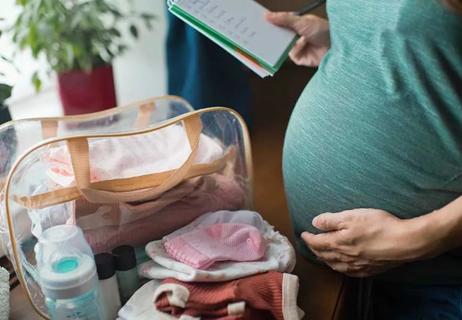
You can plan for almost anything, but be flexible about the outcome
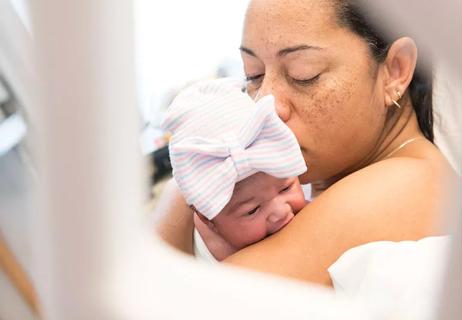
There are risks to having a C-section and benefits to vaginal birth

A Q&A examining the reasons behind this change and what it means for new mom + their babies

If you’re feeling short of breath, sleep can be tough — propping yourself up or sleeping on your side may help

If you fear the unknown or find yourself needing reassurance often, you may identify with this attachment style

If you’re looking to boost your gut health, it’s better to get fiber from whole foods